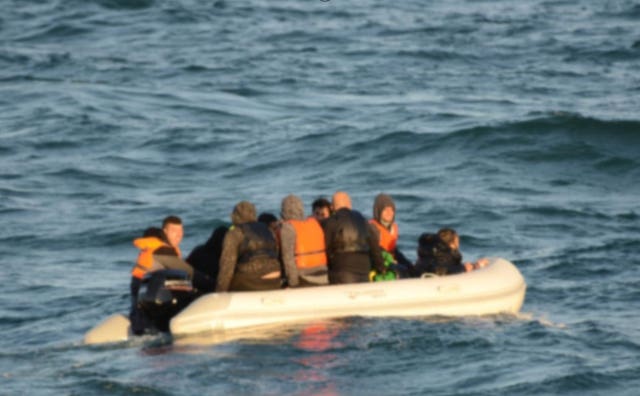Refugees rescued after their boat capsized were among several groups to have tried to cross the English Channel on 11 July.
The four individuals were spotted by a passing passenger ferry and were picked up by the French navy. They were found to have severe hypothermia and were taken to the French port of Calais.
Nowhere to go
French authorities say they are now safe and well, but repeated warnings about the dangers of crossing the narrow strait. Meanwhile, evictions are leaving refugees with few other options.
Crossings have continued as risk to refugees in the French camps considerably worsened in the wake of the coronavirus (Covid-19) pandemic.
At least 21 refugees in three boats have been intercepted and taken back to France on Saturday 11 July after attempting the death-defying journey. Border Force has also been active in UK waters on Saturday.

Evictions in response to home secretary’s calls for action
Clare Moseley, founder of humanitarian charity Care4Calais, said:
These continual evictions increase health risks – destroying possessions removes people’s ability to keep warm and dry, sleep properly or cook for themselves.
The effect on their mental health is equally stark, causing depression, self-harm and suicide.
Evictions are pointless and simply don’t work. This approach has been followed for 10 years with no perceivable impact.
It was claimed that the demolition of the large Calais jungle in October 2016 would stop people coming to Calais to cross the Channel, but it did not.
Instead, Moseley said the eviction was a “direct response” to UK home secretary Priti Patel’s calls for action following recent Channel crossings.
Speaking to the PA news agency on 6 July, Patel said refugee crossings are a “complicated issue” and the English Channel has become “far too viable for criminals”.
She also said that there’s no new target for when the crossings should have become an “infrequent phenomenon”, when asked about comments made in a document last year.










